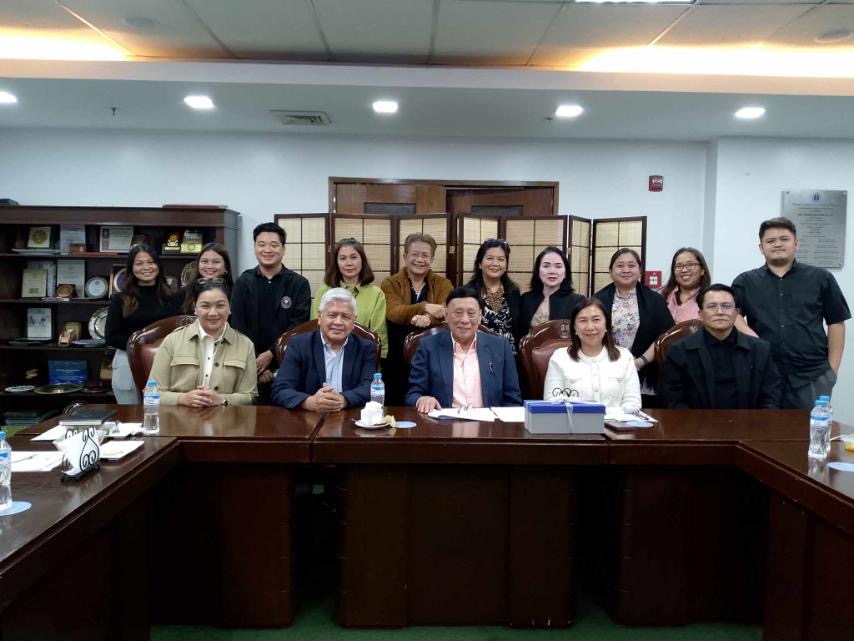
On January 30, 2025, the Philippine Chamber of Commerce and Industry (PCCI) held its first Education Committee Meeting to discuss the newly enacted Enterprise-Based Education and Training (EBET) Framework Act (RA No. 12063). The law aims to enhance workforce skills by aligning education with industry needs, addressing job-skills mismatches, and strengthening private-sector collaboration.
The meeting served as a platform to raise concerns and propose recommendations for the law’s effective implementation. Dr. Tony Del Carmen emphasized the need for stronger partnerships between businesses and universities, ensuring that training programs are stackable and micro-credentials can be credited toward college degrees.
However, concerns were raised over Section 9 of RA No. 12063, which mandates TESDA registration for training programs. Participants noted that the lengthy approval process could discourage private-sector participation, contradicting the law’s intent to streamline skills development.
Other challenges include unclear terminologies such as “trainees,” “harmonizing,” and “streamlining,” which could lead to misinterpretation or misuse. To address this, attendees recommended clear job contracts, well-defined guidelines, and a precise Implementing Rules and Regulations (IRR) framework.
The committee also called for stronger coordination among the three key government agencies involved in EBET implementation. While they support the law, they cautioned against overly strict regulations that may hinder participation.
The meeting concluded with a commitment to refining the EBET framework. The insights gathered will be submitted to relevant authorities to ensure smoother implementation, benefiting both businesses and the workforce. KFS
